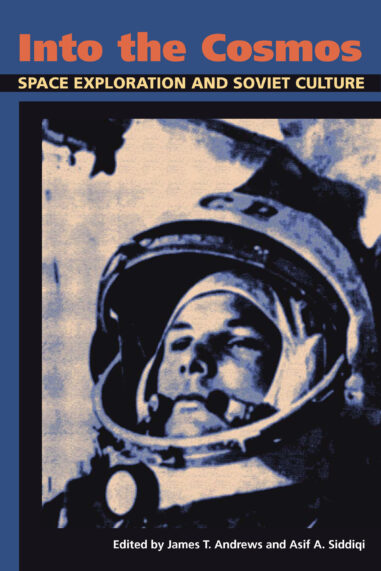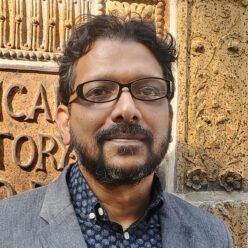
Paperback $60.00
Request Exam or Desk Copy. Request Review Copy
Into the Cosmos
Space Exploration and Soviet Culture
USSR spaceflight triumphs between 1957 and 1965 marked the apogee of Soviet civilization. Into the Cosmos provides important new insights into the culture, society, and politics of the Khrushchev era through the lens of the cosmonauts and their record-setting journeys. Chapters in this collection cover topics ranging from secrecy and celebrity to gender and consumerism, illuminating a relatively neglected period in Soviet history. This book should prove equally valuable to scholars of Eastern Europe and to historians of science, technology, and space exploration.


